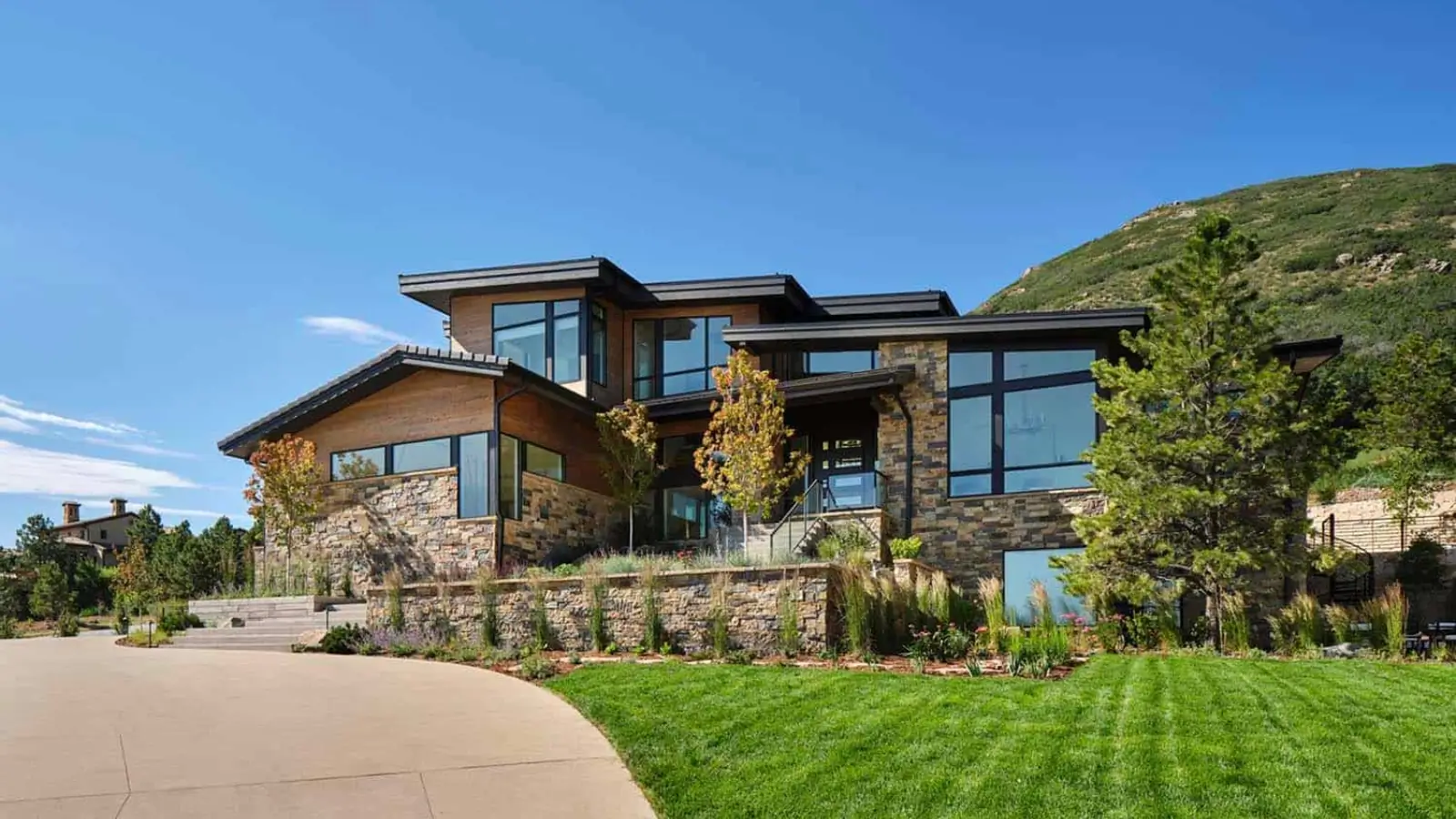


Aurora, Colorado, is emerging as one of the most accessible and strategic cities for new real estate investors. With a median home price of around $479,450 and a balanced housing market, the city provides opportunities for entry-level buyers and experienced investors alike. Unlike hyper-competitive metros, Aurora’s slight inventory growth, slower price appreciation, and strong local economy create a stable environment where even those with modest budgets can build long-term wealth through real estate.
This guide breaks down practical strategies for getting started — even with less capital — while exploring the neighborhoods, financing tools, and investment methods that make Aurora a smart market to watch.
Aurora is located in Adams and Arapahoe counties and benefits from steady population growth, a diverse economic base (aerospace, healthcare, and technology), and a growing pool of renters. Homes typically stay on the market for about 38 days, giving buyers more breathing room than in previous years.
According to recent market data, properties sell at around 99% of the list price, with increased inventory compared to the previous year. This shift from a seller’s market to a more balanced environment means buyers have more negotiating leverage — an ideal scenario for small-budget investors.
Aurora also stands out for its affordability compared to nearby Denver, offering strong rental potential. This combination makes it particularly attractive for strategies like house hacking or acquiring smaller multifamily properties to build income streams over time.
You don’t need hundreds of thousands of dollars to enter Aurora’s real estate market. Many investors start with house hacking — purchasing a duplex or triplex with a low down payment loan (such as FHA), living in one unit, and renting the others to cover the mortgage.
Other small-budget options include:
These methods align with expert advice that small upfront investments can be a gateway to larger portfolios over time.
Neighborhood selection can make or break your return on investment. In Aurora, areas offering lower entry costs and steady rental demand can be especially appealing to budget-conscious investors.
Neighborhoods like Chambers Heights, Morris Heights, and Hoffman Town often have lower median home prices while remaining close to transit, schools, and employment centers. These areas can offer better rental yield than more expensive neighborhoods, allowing investors to achieve positive cash flow sooner.
Tip: Work with Aurora’s top realtors to identify undervalued properties, off-market deals, and neighborhoods with stable long-term growth potential. Experienced agents can help you set competitive rental pricing and navigate local zoning rules.
Financing is one of the biggest hurdles for new investors, but there are creative ways to minimize upfront costs. FHA loans are a popular entry point, requiring as little as 3.5% down for qualified buyers. This makes house hacking or buying a small starter property more realistic for those with limited savings.
Other strategies include:
Experts also emphasize budgeting for hidden costs — including maintenance, property taxes, insurance, and vacancy periods — to keep your investment sustainable.
Once you acquire your first property, how you manage it determines how quickly it becomes profitable. As experienced investors note, understanding your property inside and out simplifies management and reduces long-term costs.
If you decide to sell your Aurora house quickly in the future, keeping the property well-maintained and strategically upgraded will help you attract buyers faster and command a higher price.
Aurora’s housing market is projected to stabilize further through 2025–2026, with moderate price growth and sustained rental demand. With a median price per square foot at around $232 and rental demand supported by a growing job market, the city remains attractive for long-term investors.
Over time, small investments can compound into significant wealth if you:
As Aurora continues to evolve, early investors who enter strategically — even on a tight budget — can benefit from appreciation, rental income, and equity growth.
Getting started in real estate doesn’t have to mean breaking the bank. Investors can tap into Aurora's balanced and growing market by leveraging low-down payment programs, focusing on affordable neighborhoods, and adopting smart strategies like house hacking or partnerships.
With guidance from Aurora’s top realtors, careful financial planning, and long-term vision, even a modest investment can pave the way for sustainable wealth. Whether your goal is to grow a rental portfolio or sell your Aurora house quickly, this market offers many opportunities for forward-thinking investors willing to start small and build smart.